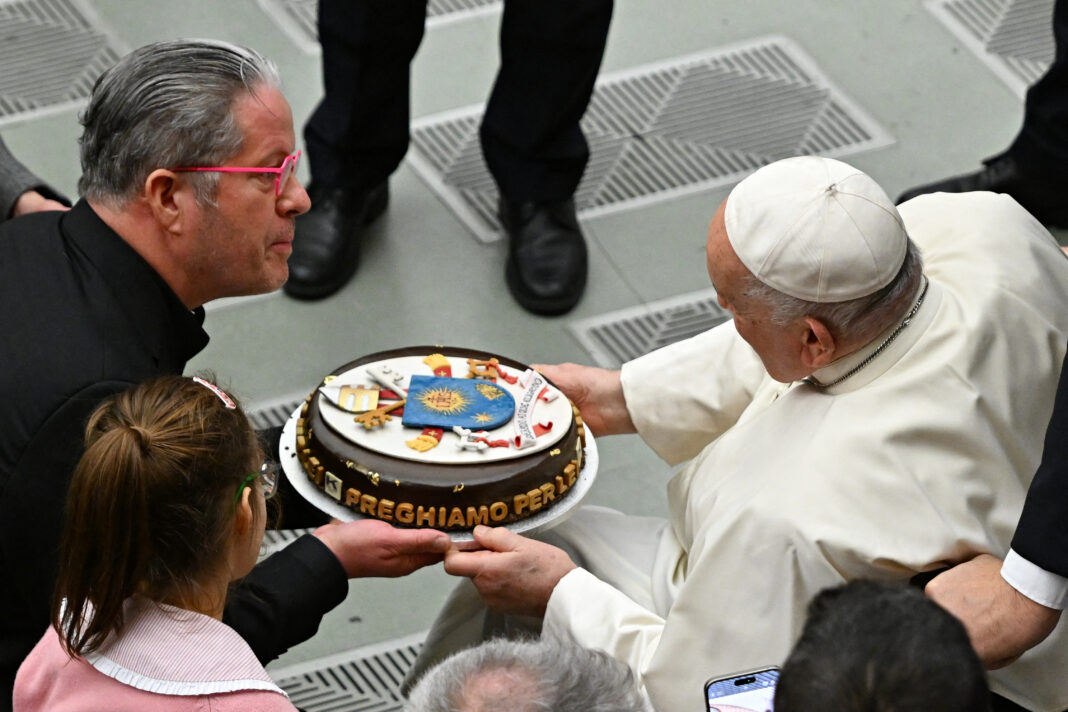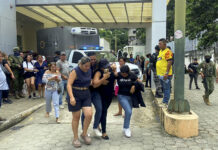Pope Francis has chosen to be buried not in St Peter’s Basilica alongside his immediate predecessors but in a basilica in Rome, he revealed in an interview broadcast on Wednesday.
“The place is already prepared. I want to be buried in Santa Maria Maggiore,” the pontiff, who turns 87 this weekend, told Mexican broadcaster Televisa’s N+ streaming service.
In the same interview, he revealed he planned to visit Belgium in 2024, and also hoped to visit his native Argentina and Polynesia.
Francis’s decision means he would become the first pope to be buried outside the Vatican for more than 100 years.
The last to eschew a tomb in St Peter’s was Leo XIII, who died in 1903. His remains lie in the basilica of St John the Lateran in Rome.
Santa Maria Maggiore is one of the four papal basilicas in Rome, and one with which Francis said he felt a “special connection”.
He would often go there on a Sunday while visiting Rome before becoming pope. Since his election in 2013, he prays there before and after taking a trip, and has also prayed there after undergoing surgery.
Seven popes have previously been laid to rest in the basilica, according to the Vatican News official media outlet.
The pontiff has suffered from increasing health issues in recent years, and was forced to cancel a visit to COP28 climate talks in Dubai due to bronchitis.
In his interview recorded on Tuesday, in which he appeared much better, he paid tribute to his predecessor Benedict XVI for having had “the courage” to step down when his health was failing him.
The German pontiff in 2013 became the first pope since the Middle Ages to resign.
Benedict died on December 31, 2022, and after a funeral in St Peter’s Basilica in the Vatican — led by Francis — his body was buried in the tomb under the church.
It was the same tomb that held former pope John Paul II’s body before it was moved for his beatification in 2011.
Francis has said he would be open to following Benedict’s example if he could no longer perform his duties, but has said stepping down should not become a “normal thing” for popes.
© Agence France-Presse










